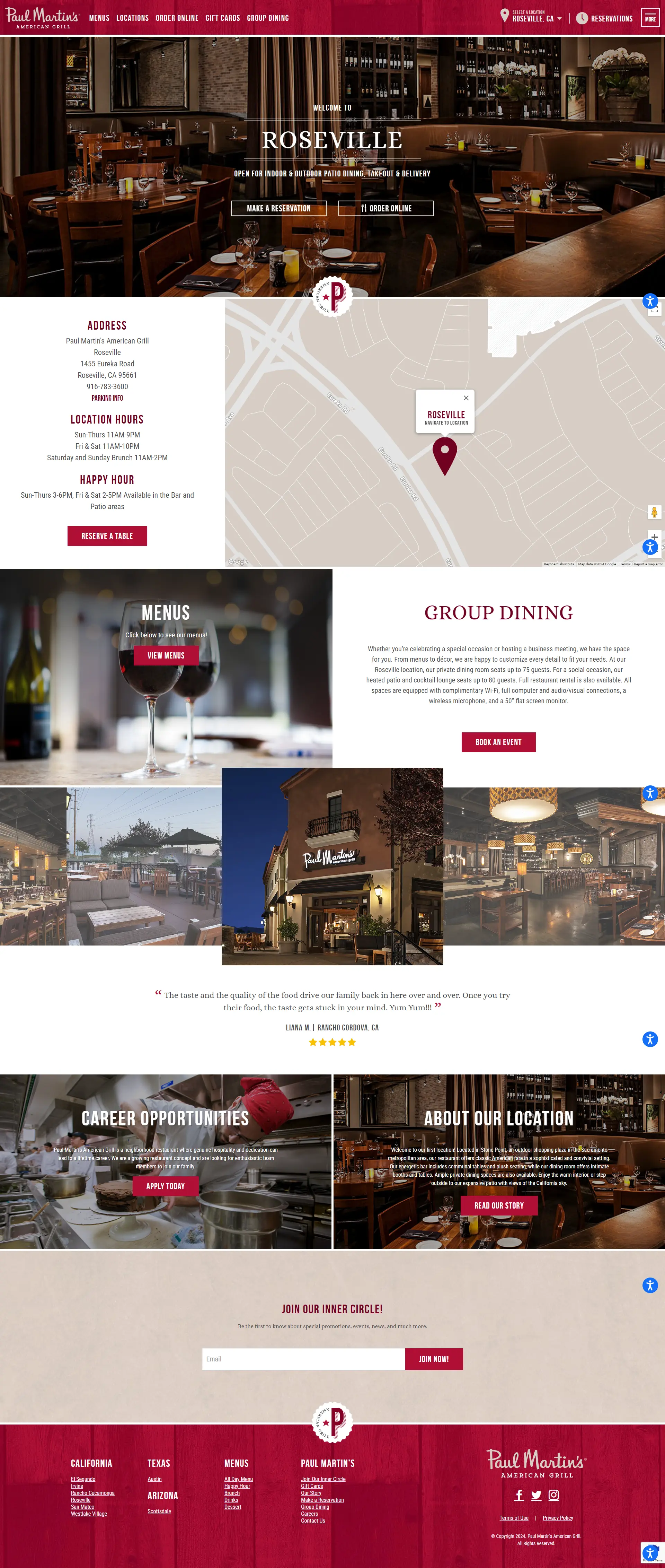In its simplest form, a subdomain is a subsection of your main domain name, providing a distinct web address capable of hosting specialized content. Essentially, it functions as a website within your primary website, offering a designated space for distinct information or services.
A sub-domain can be created to help you showcase expertise and cater to nice markets, such as community-specific subdomains, or sub-sites of your main website.
In this blog post I’m going to share some of my expertise on the concept of subdomains, highlighting how you can implement them into your digital strategy to provide clustered, and highly relevant content to your clients and prospects, which in-turn enhances your online presence and their user-experience.
The Benefits of Website Subdomains
Subdomains allow you to tailor their online presence to specific areas of expertise and target markets.
For instance, a real estate agents can create specialized community pages, integrate their property listings, and showcase communities that they have expertise or focus in within their subdomains.
This enables visitors a curated, personalized experience that resonates with their interests and needs.
This level of specialization enhances the real estate agent’s credibility and authority, ultimately leading to higher conversion rates and increased customer satisfaction.
Subdomains enhance the main website’s user experience by structuring content into separate sections. This strategic organization enables agents to deliver information in a more user-friendly and organized fashion, facilitating seamless navigation, content discovery, and user engagement.
Such a systematic approach not only fosters repeat visits and referrals but also enhances the visibility and credibility of both the primary website and its subdomains.

Boosting Domain Authority
Creating a robust linkage between your primary website and its subdomains can elevate domain authority.
According to Google, subdomains are essential components of the broader domain, and their credibility and trustworthiness directly influence the overall website’s authority.
Intentionally connecting your main site with its subdomains sends a clear message to search engines about the significance and quality of your content, thereby bolstering your website’s authority and potential for higher rankings.
This collaborative approach strengthens your website’s SEO effectiveness and enriches user experience, resulting in heightened traffic and improved conversion rates.

Conclusion
Agent subdomains offer real estate professionals a space to cultivate their unique identities and engage with their prospects. They empower agents to enhance their personal branding within their brokerage’s website and differentiate themselves effectively, ultimately driving increased visibility and success.














